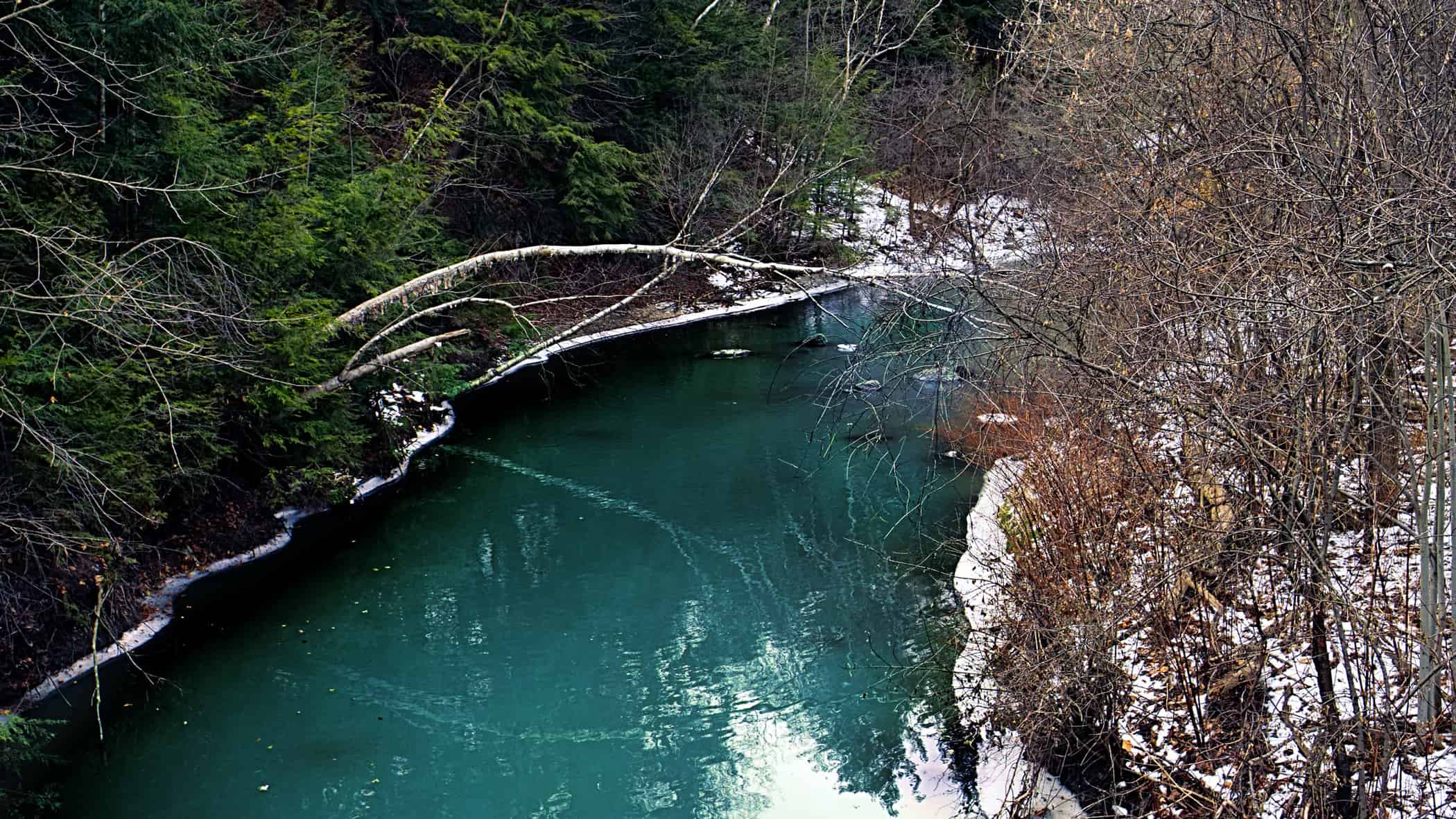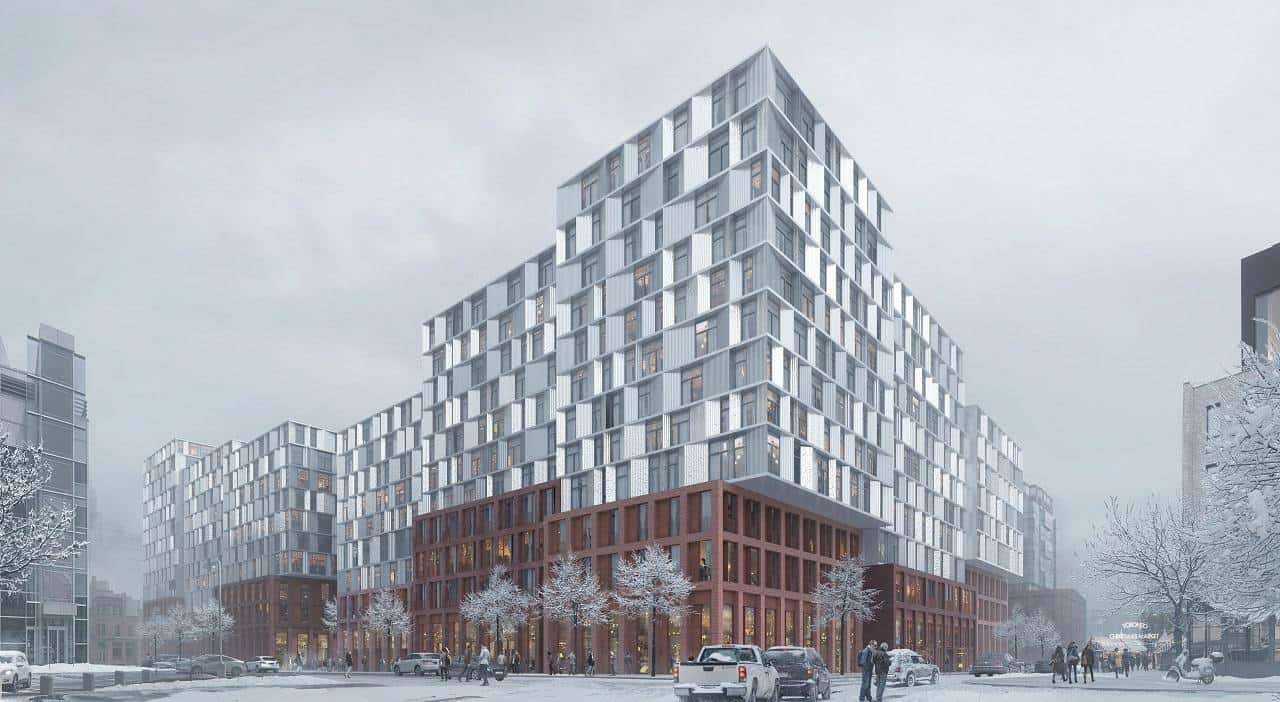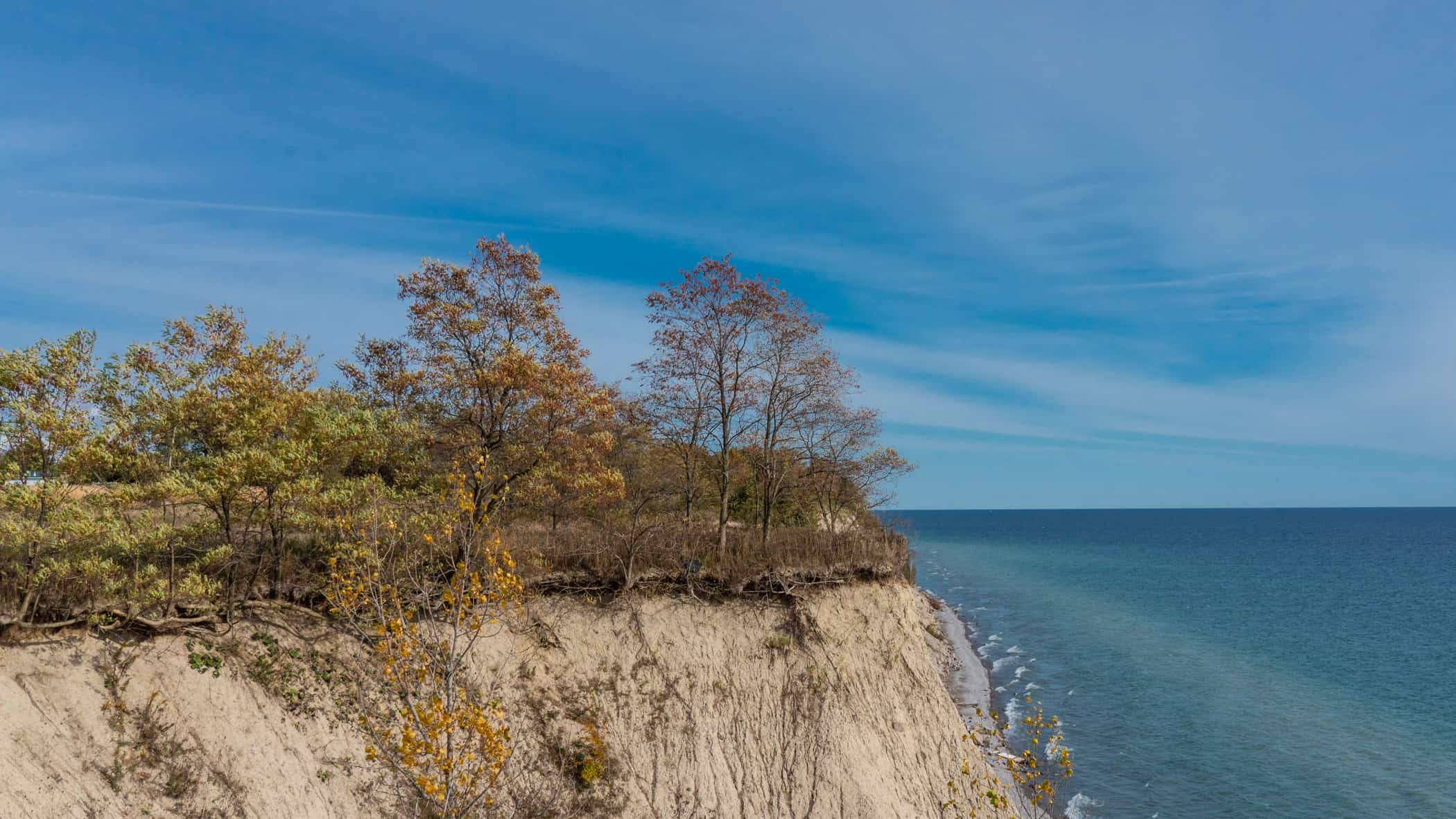Hands off conservation authorities
Join an urgent push to get Schedule 6 removed to protect Conservation Authorities in Ontario.
The provincial government is voting SOON on a budget bill, Bill 229. Bill 229 is going to the Standing Committee on Finance and Economic Affairs on Monday, Nov 30.
The Conservative government has included Schedule 6 which is unrelated to the budget. There are numerous changes proposed – they would slash the role of Conservation Authorities (CA), disabling their role in ravine protection and enabling developers to sidestep Conservation Authorities and go directly to the Minister for permits without CA review. The Minister would also be able to overturn a conservation authority’s decision to refuse to issue a permit for development.










